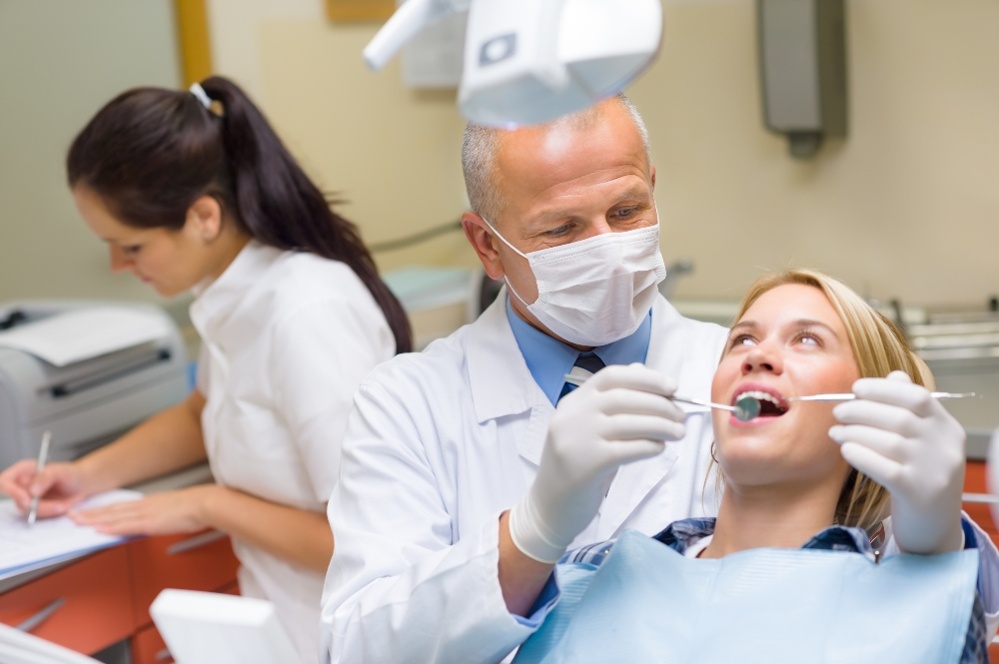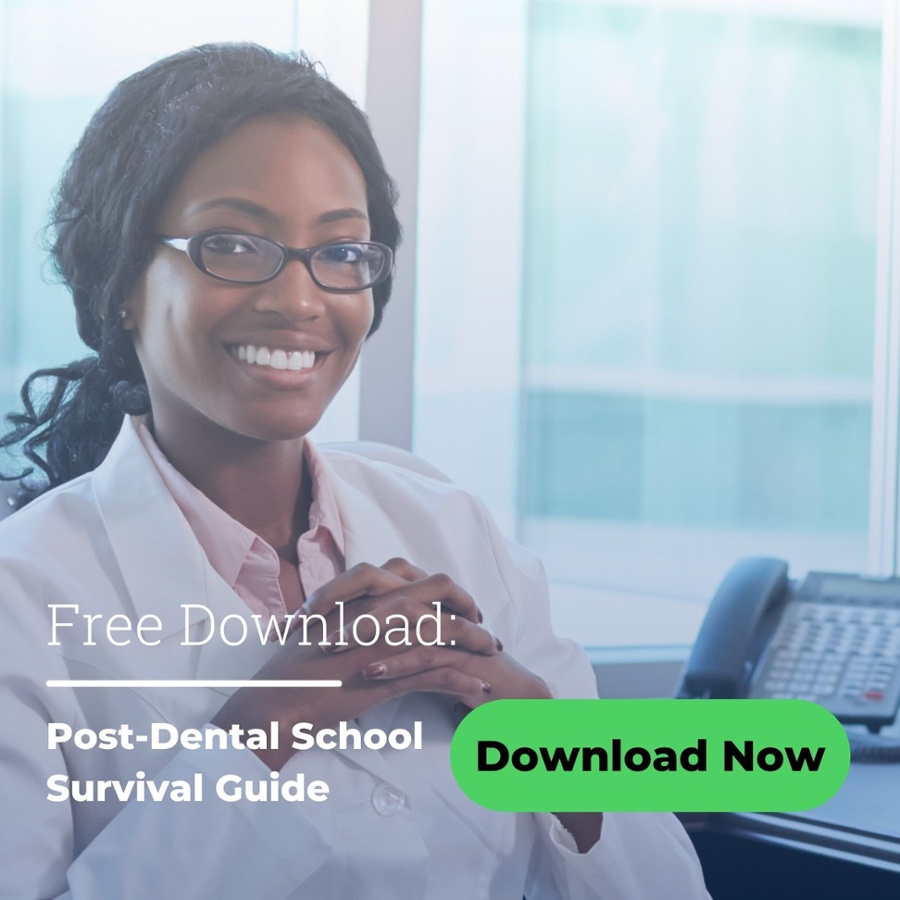Posted by D. Scott Fehrs, ChFC® on May 19, 2021 9:00:00 AM
In your third or fourth year of your dental program and considering a residency after graduation? Here are some tips to help you make the most of your residency program.
1. Choose Your Specialty
There's something to be said about general dentistry. Many dentists choose general dentistry because it offers the best of both worlds; they can become proficient in and perform any procedure they enjoy and refer out procedures they don't enjoy.
If you do choose to specialize, take the following into consideration:
- Your interests within the dental industry
- The market saturation of dentists in that specialization
- The lifestyle supported by that specialty, both in terms of income and time commitments
- The length of residency required for the specialty you're considering
You can get insight into each residency by diversifying your clinical rotations and/or externships during dental school. While experience in general dentistry is important for every dental student, exposure to specialties can help you gain better insight into the intangible aspects of the specialty: stress levels, personalities, workload, lifestyle, patient demographics, and more.
2. Have Your Application Materials Ready
Applying for a residency may require an almost unfathomable number of documents ranging from birth certificates to transcripts to drug screens to employment records to letters of recommendation and more. Research the admission requirements for the residency programs you're interested in, and start gathering documents and keeping them in a central place.
When it comes time to apply, you should have almost everything you need compiled and ready to submit.
3. Choose Your Preferred Programs Early
Begin researching residency programs as soon as possible. Most residency programs are highly competitive and many accept less than a handful of students at a time. The earlier you identify your top choices, the more time you'll have to gather application documents (which can be extensive) prior to the application window.
When evaluating residency programs, consider the following:
- The type of residency program
- The cost and expenses associated with the program
- The duration and timing of the residency
- The certificate or degree the program offers
- Your lifestyle during the residency
Apply as early as possible to ensure you have ample time to respond to any requests for additional documentation. This timeline can help guide you through important steps throughout school and residency.
4. Prepare for the Interview(s)
When you secure an interview, research the most common interview questions for that specific program. Draft and rehearse your responses to those questions, making adjustments as you hear the way it presents out loud and identify opportunities for improvement. If you have the chance, have an instructor or mentor critique your responses and provide feedback prior to the interview.
5. Build a Network
Once you're accepted into a residency program, consider reaching out to those who can support your success in the program. Current residents can give you the lay of the land, let you know what to expect, and offer advice for navigating the requirements of the program. They can also tell you more about what to expect in terms of hours and lifestyle, so you can prepare for the sometimes grueling requirements of dental residency in advance.
Connecting with your co-residents ahead of time can also support your long-term success in the area and in the program. It gives you an opportunity to coordinate and share when it comes to housing, childcare, neighborhoods, and more.
6. Work on Your Soft Skills
Dental residency will likely stretch you more than any other experience to date. You'll see more patients in a day than you've ever seen, receive more feedback (and criticism) about your work than you've ever received before, and work longer hours than ever before. For this reason, it's important to work on some non-dental life skills:
- Staying humble and recognizing that you're still a student with much to learn
- Interacting with diverse patient populations and diverse colleagues
- Managing frustration when you don't see eye to eye with others
- Taking constructive criticism as a learning opportunity, even when it's delivered poorly
- Managing your exercise and nutrition when your schedule is full
- Coping with stress in healthy ways before it leads to mental health or substance abuse issues
Prioritizing mental, physical, emotional, and social health will help you get the most from your residency program and pursue your long-term career goals..
The energy you put into preparing for residency may have a direct outcome on your experience during and after the program. To learn more about life after dental school, download our post-dental school survival guide today.
Sources
https://www.treloaronline.com/blog/choosing-a-residency-here-are-some-things-to-consider
https://www.asdanet.org/utility-navigation/career-compass-home/post-grad-programs/timeline-for-applying-to-residency#fourth-year-of-dental-school
Treloar & Heisel and Treloar & Heisel Property and Casualty are divisions of Treloar & Heisel, LLC.
Insurance products are offered through Treloar & Heisel, LLC.
This content is intended for general informational purposes only and should not be construed as advice. Treloar & Heisel, LLC. does not offer career advice.
21-074



